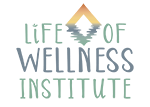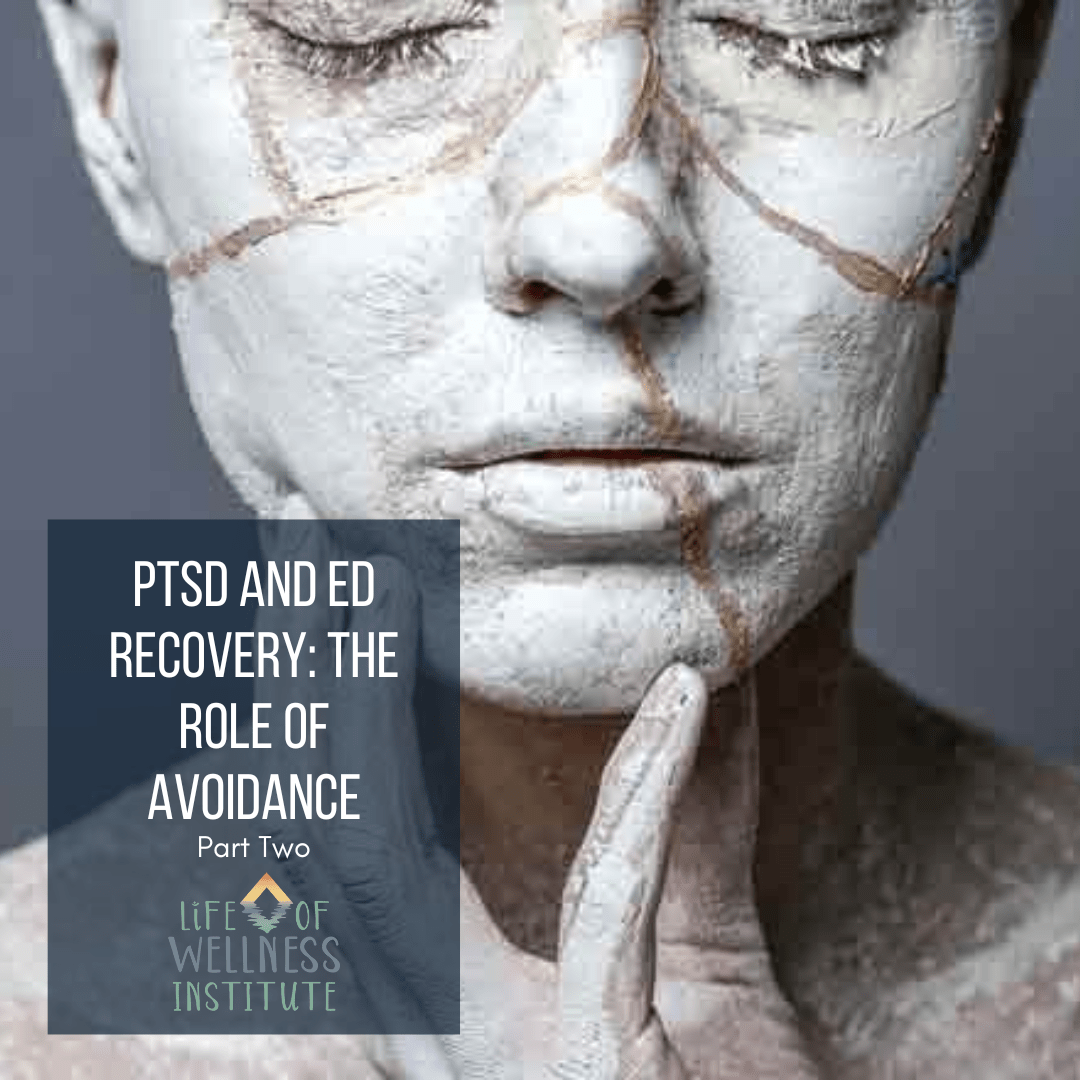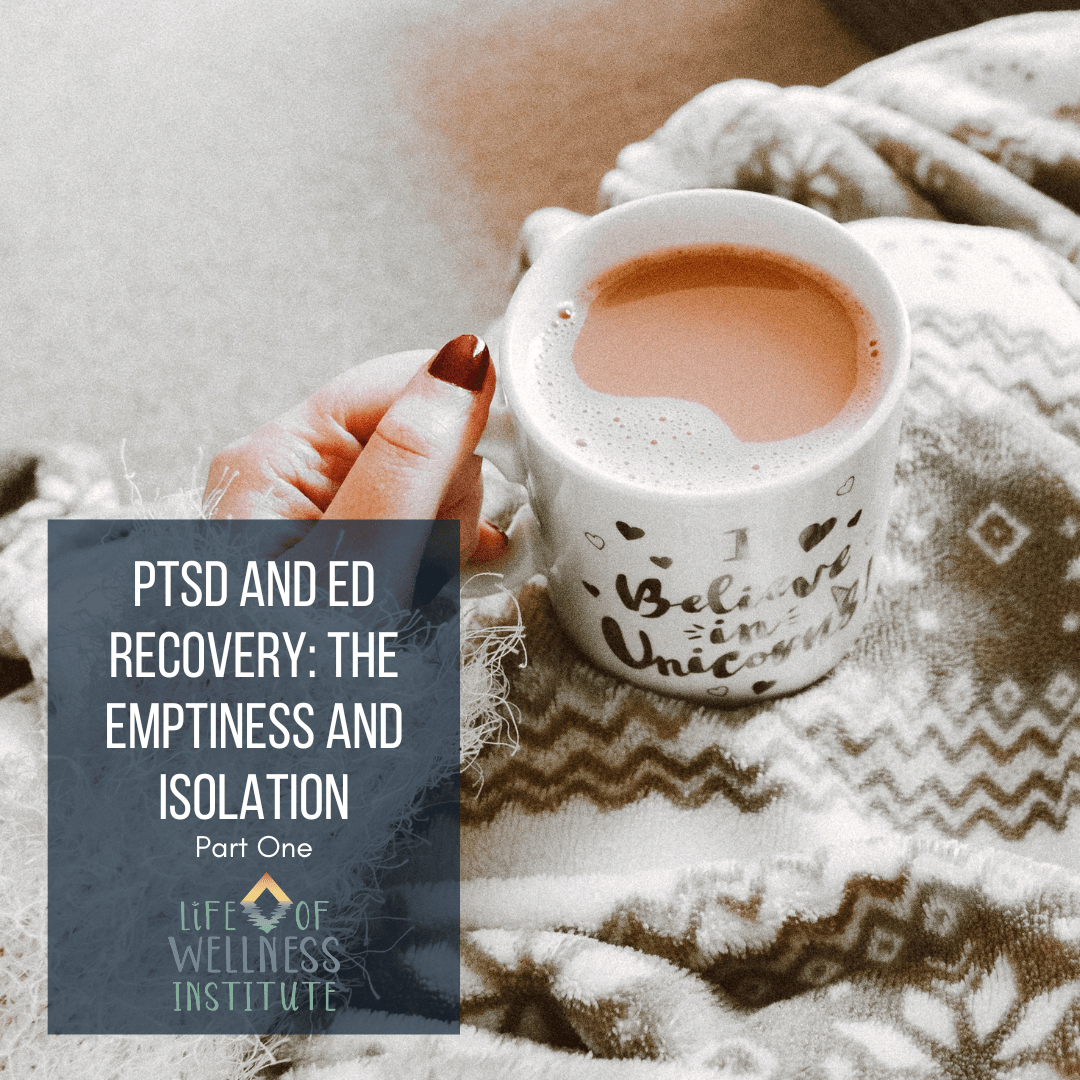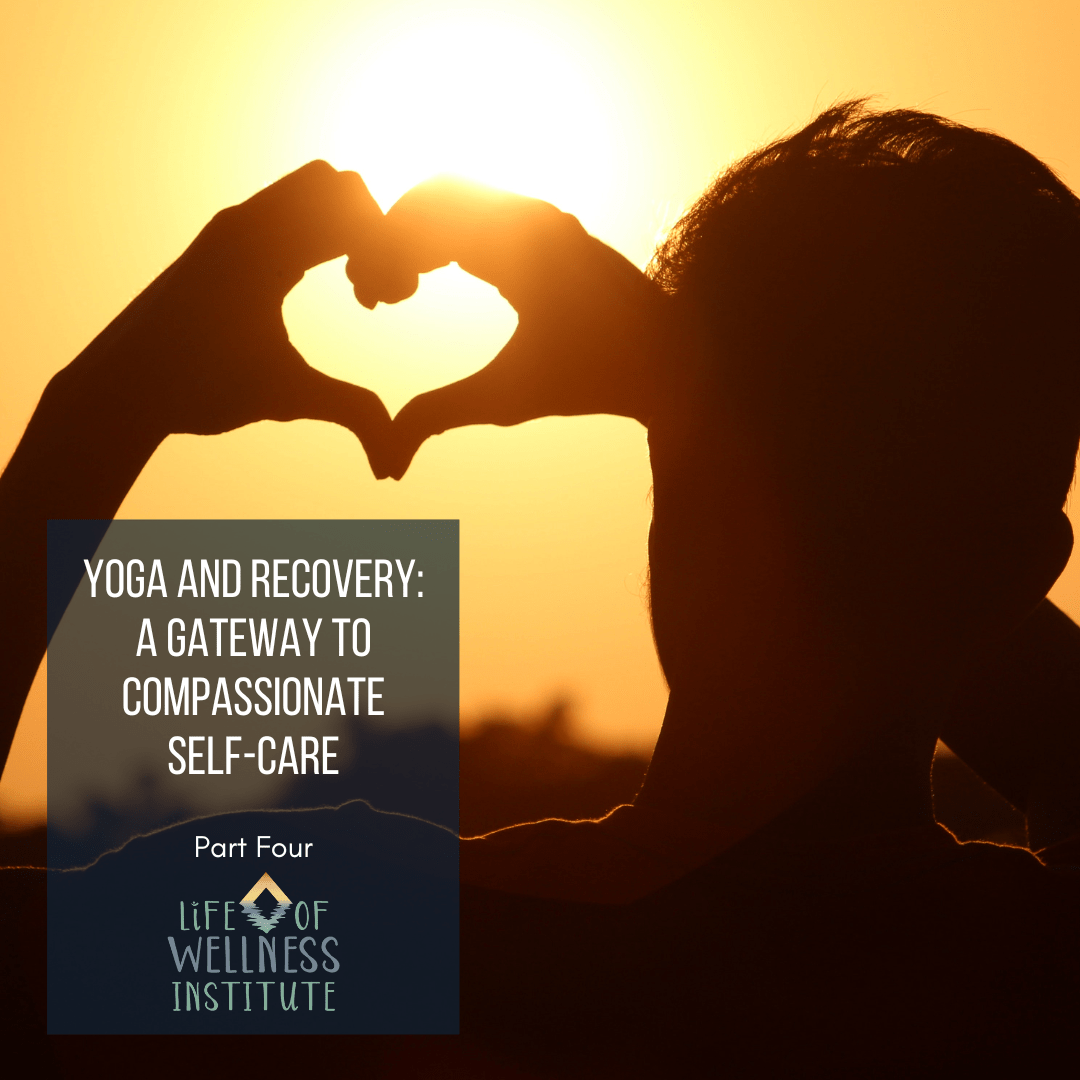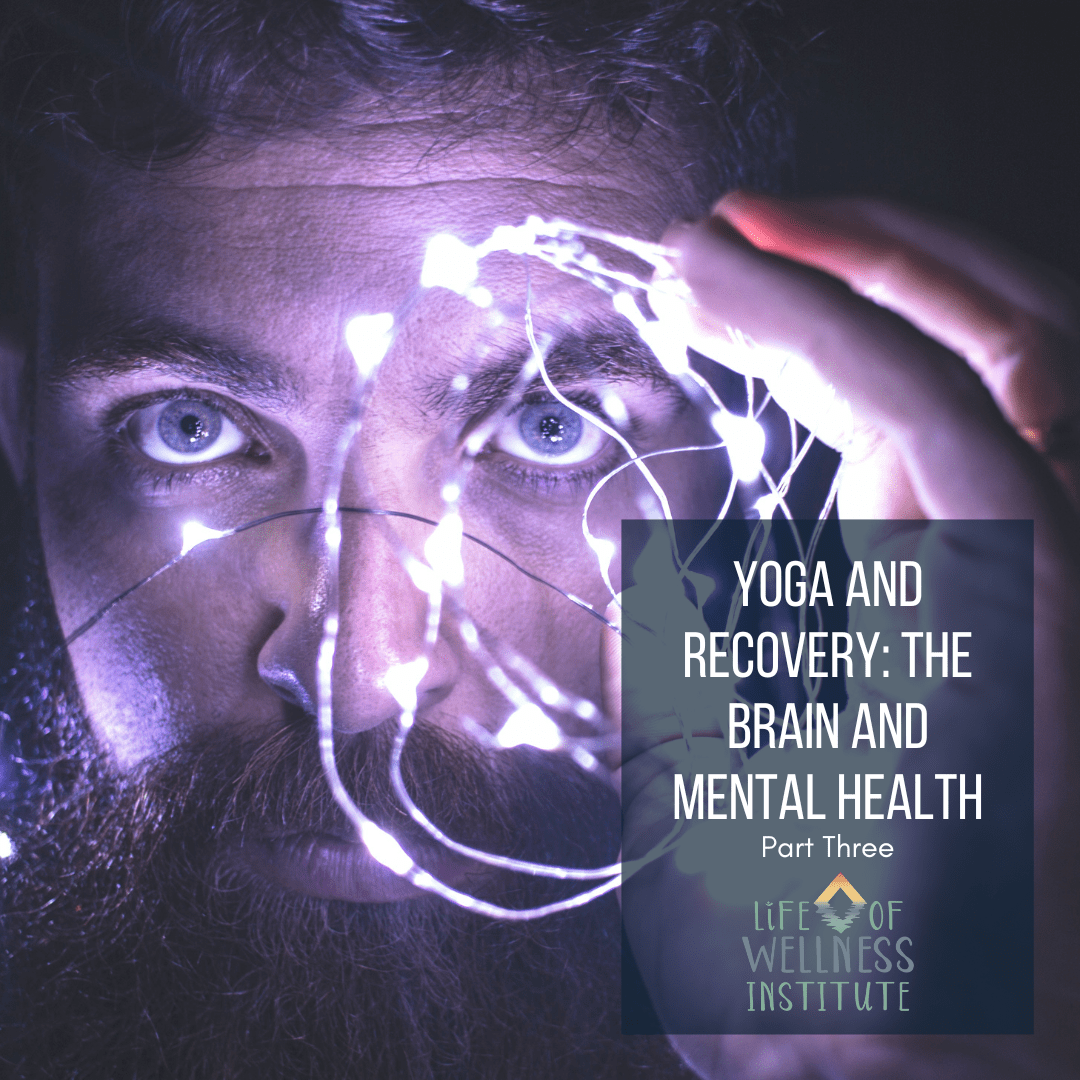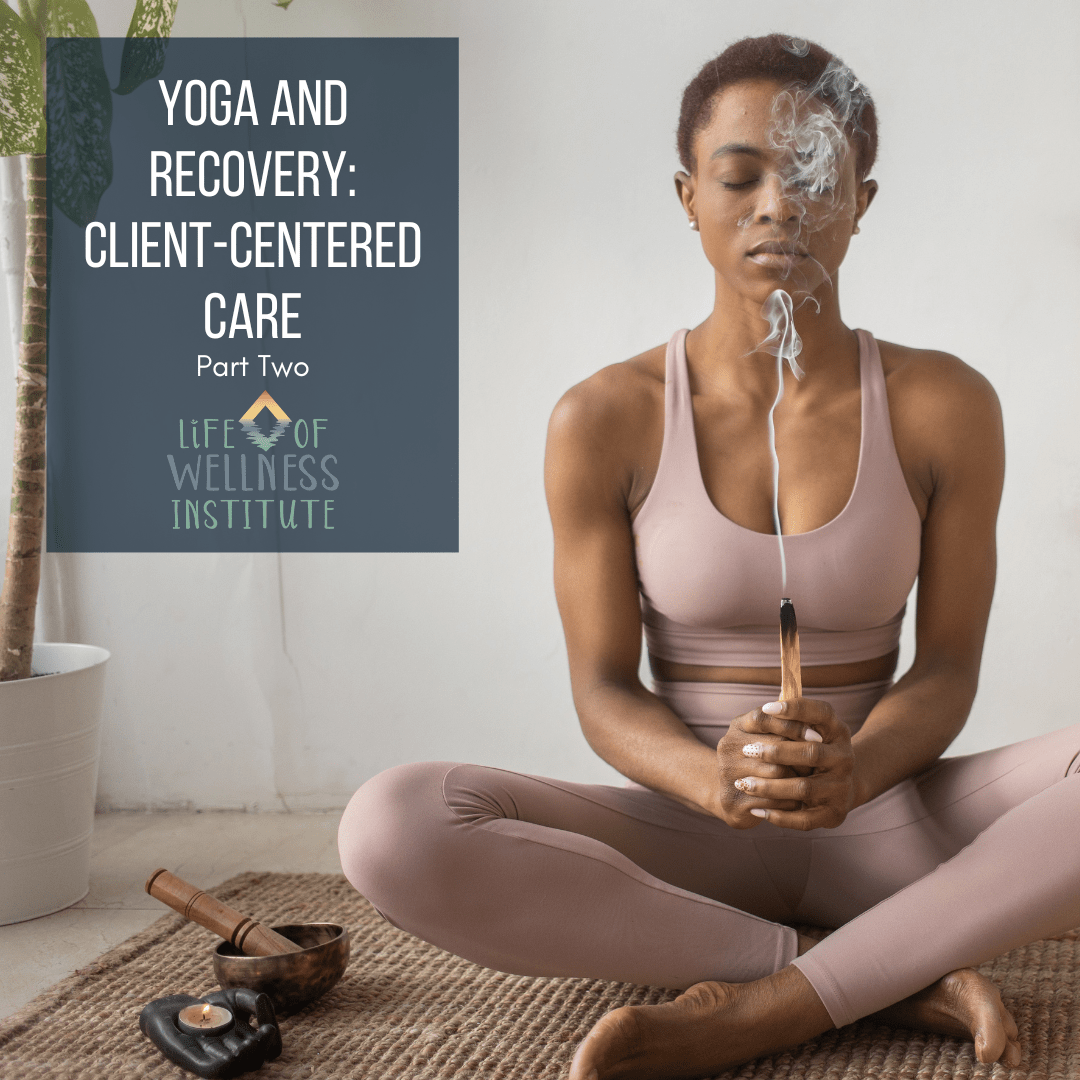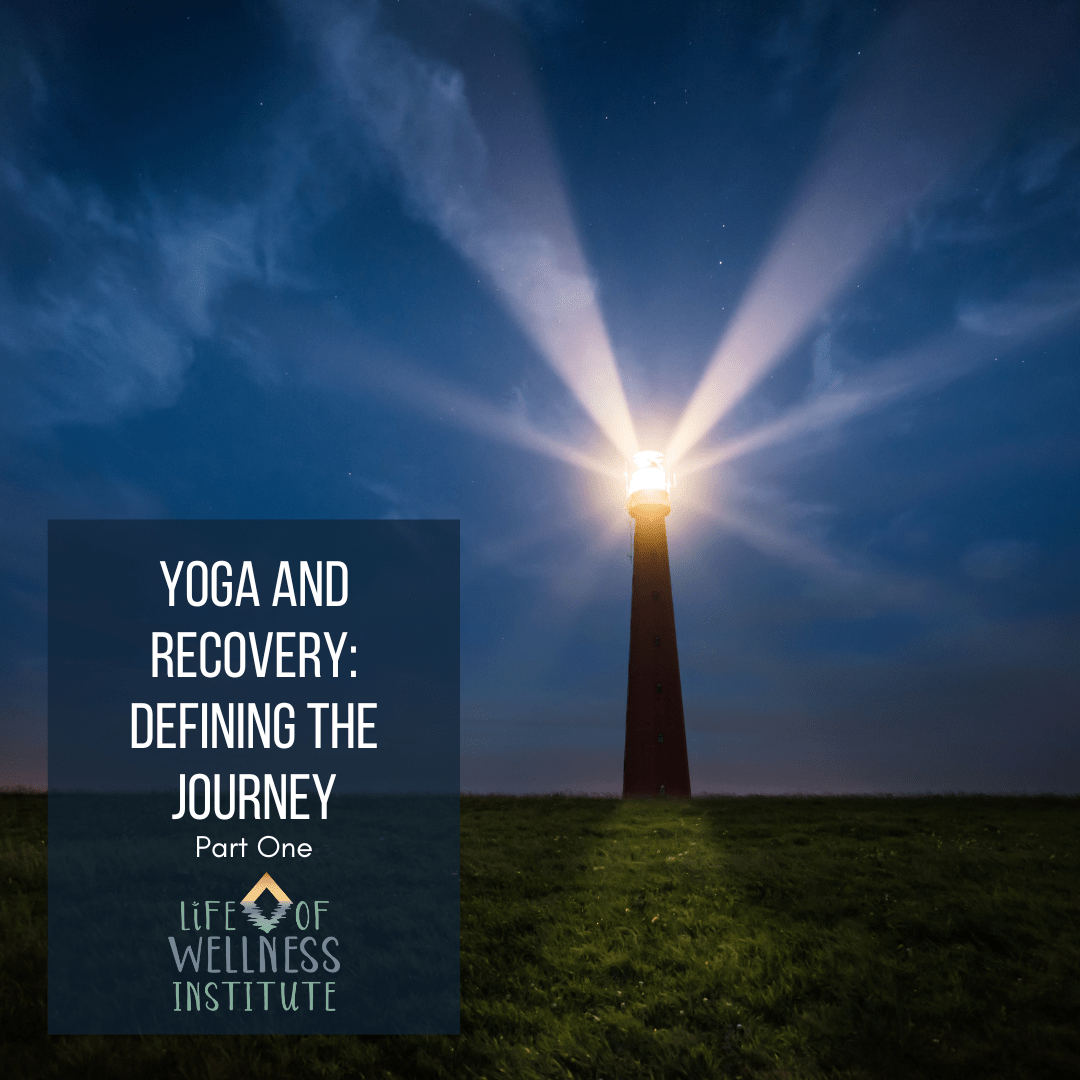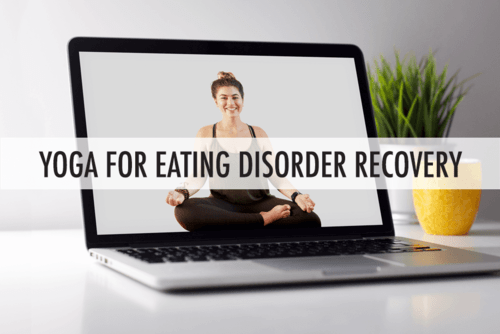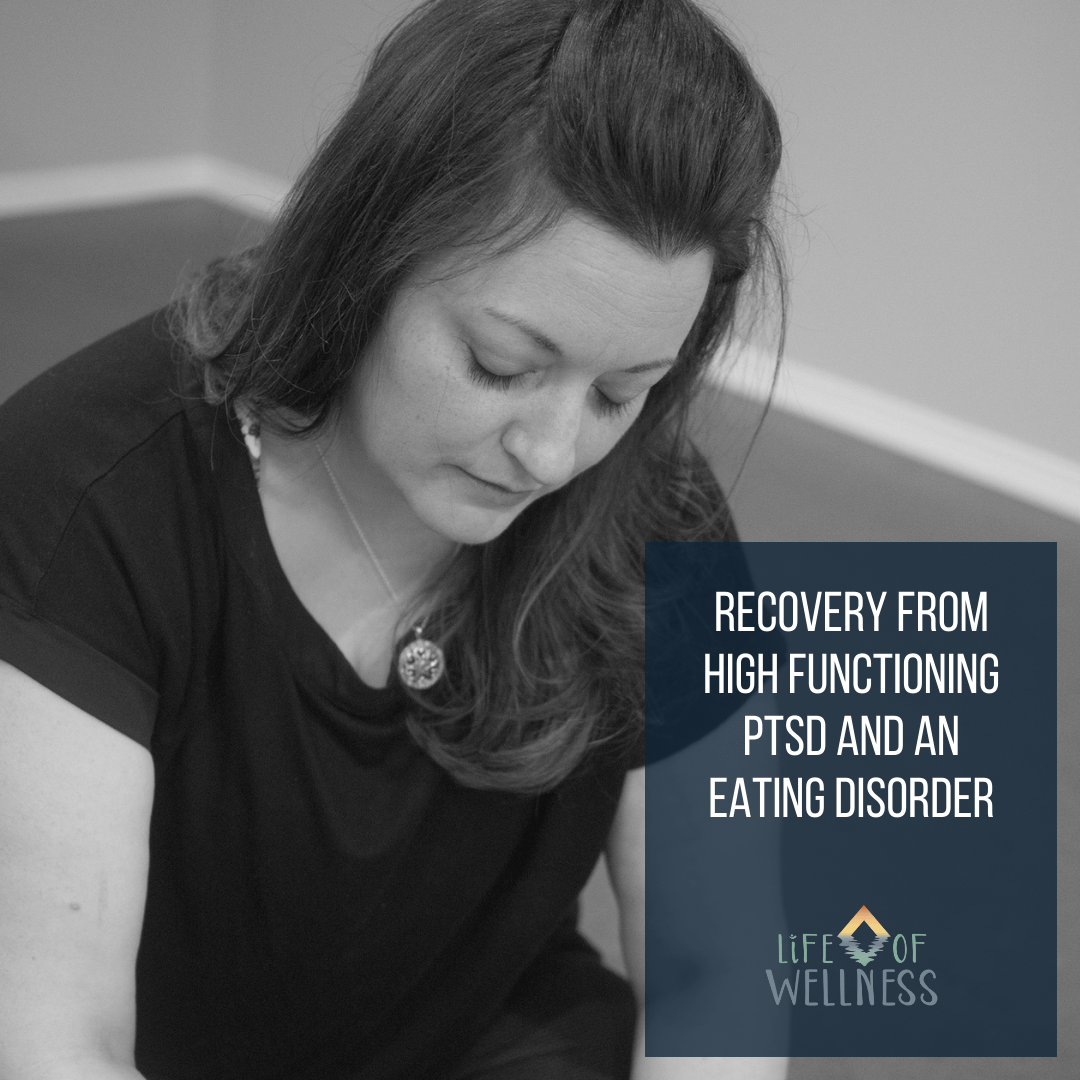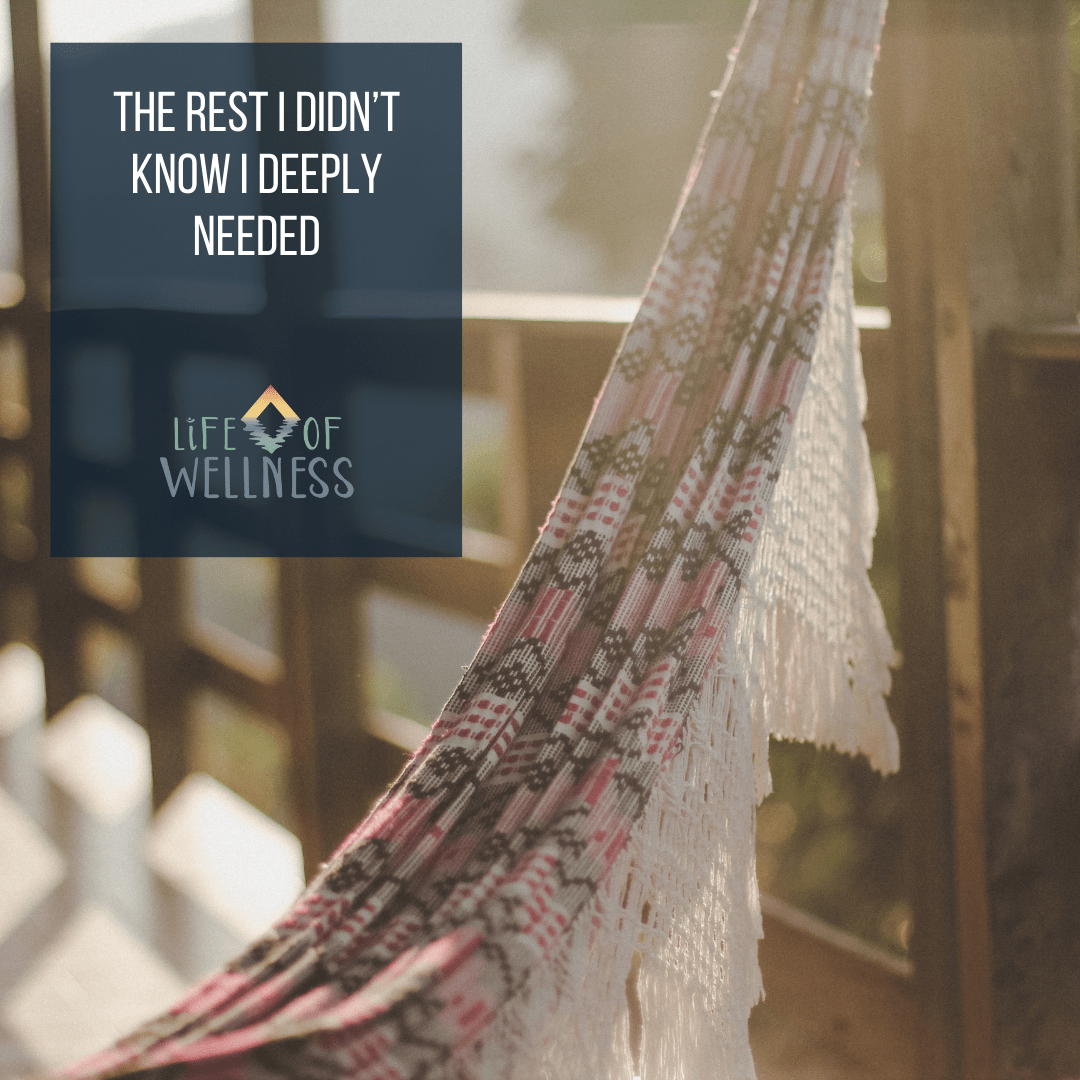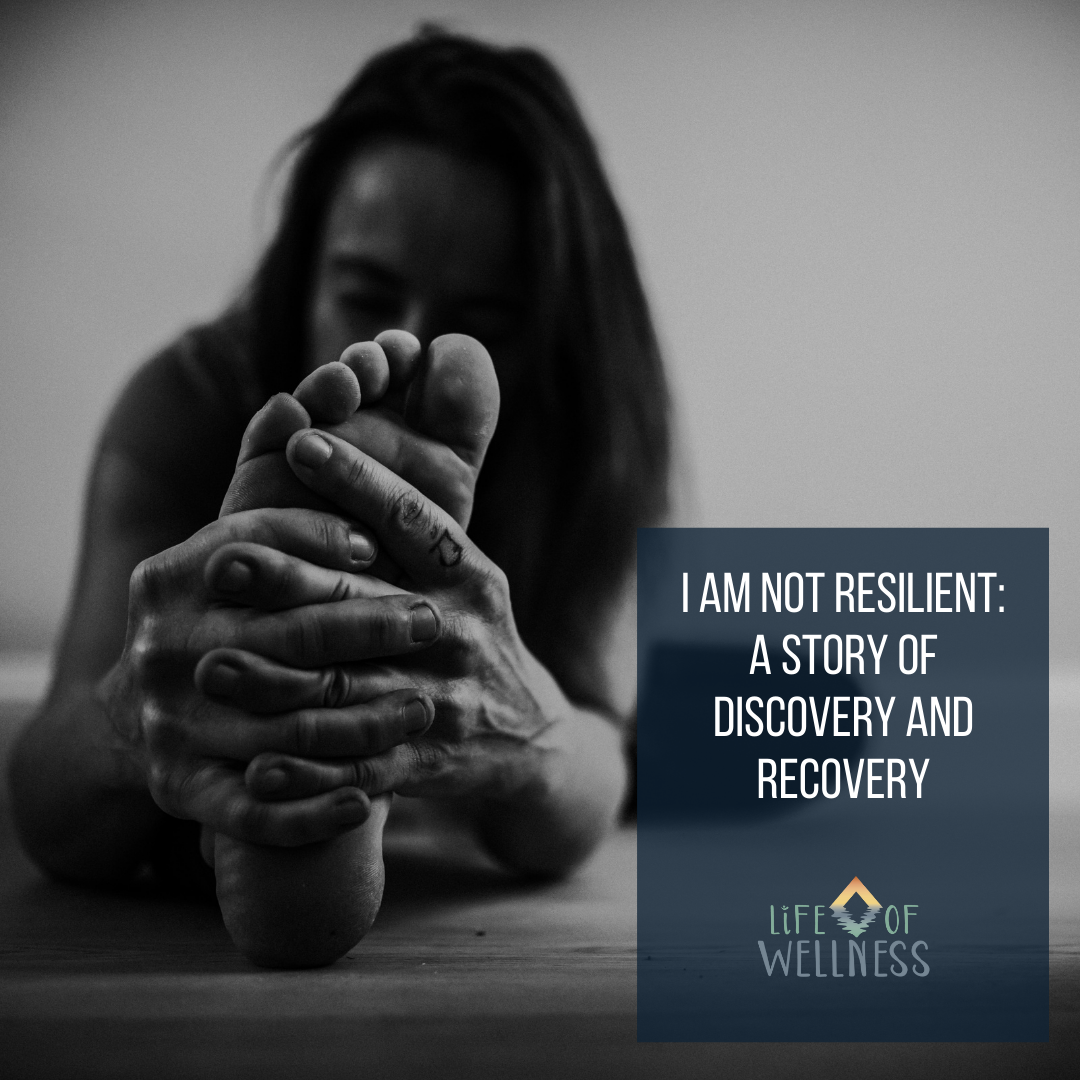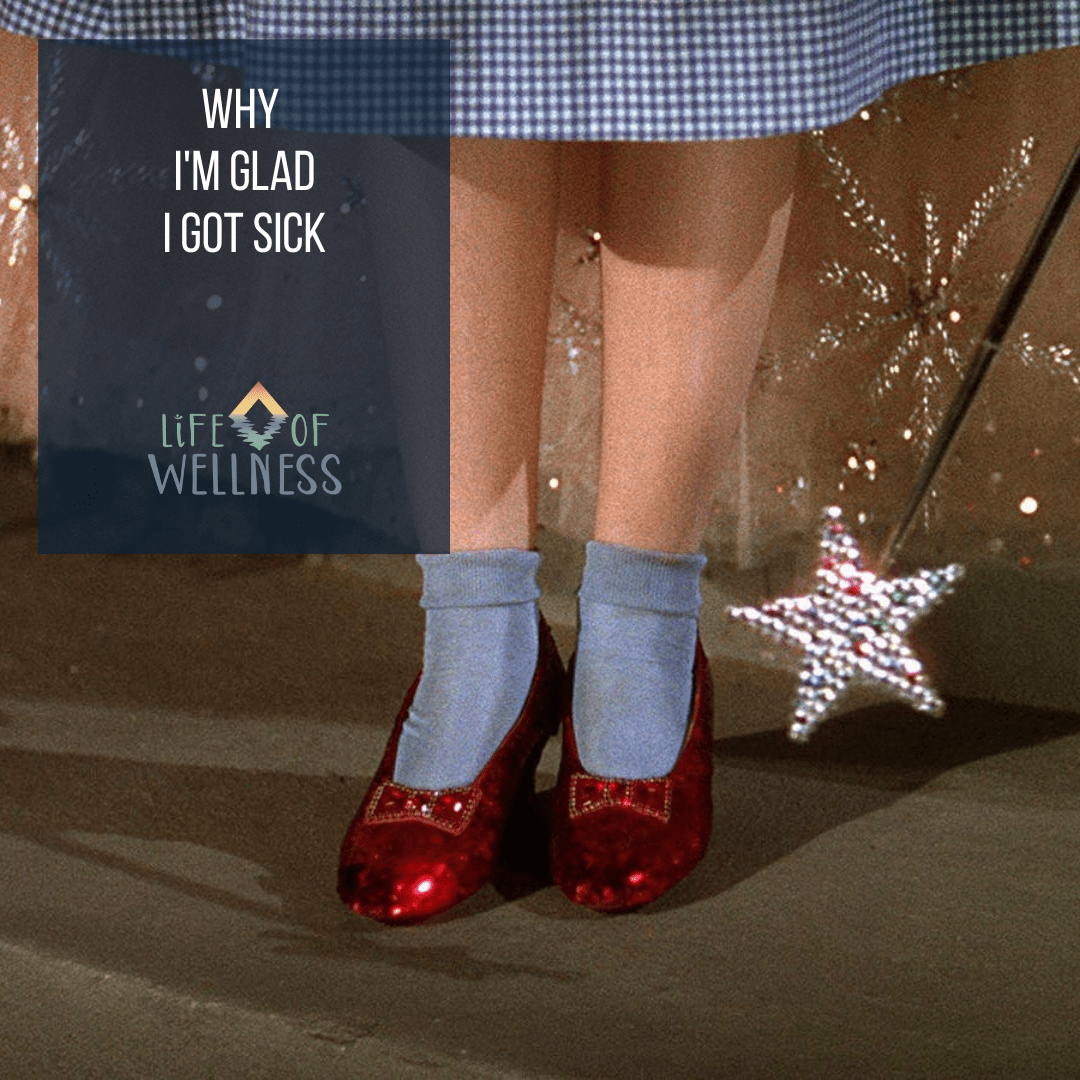It’s no secret that mental health disorders like PTSD and eating disorders can take a toll on your life. But you may not know how we cope with these disorders, and avoidance can worsen them. Avoidance is a common coping mechanism for people with PTSD and eating disorders. It can take many forms, such as avoiding certain places, people, or activities that activate symptoms. Avoidance can also take the form of engaging in activities or behavior to not having the time or space to feel our body’s communication, feelings, thoughts, and emotions of our suffering. Another common coping mechanism is to turn to alcohol or drugs to numb the feelings of anxiety and fear. While these behaviors may provide some relief in the short term, they can worsen symptoms in the long run. In this article, I will discuss the role of avoidance and behaviors in disordered mental health and recovery. I will also be providing some tips on learning how to cope in a healthier way. Continue Reading
PTSD and Eating Disorder Recovery: The Emptiness and Isolation
If you’re like me, you’re probably no stranger to the feeling of isolation and emptiness. That feeling of hollowness lingers no matter what you do to try to fill it. For me, this feels like an emptiness within me, the size of the Grand Canyon. I am frozen, unable to cry out for help—I am empty and alone. Have you ever felt like you were trying to fill a void? Unlike filling a glass or a pool with water—it is like filling an ocean that feeds lakes, rivers, and streams. This is my experience of what an eating disorder binge Continue Reading
Yoga and Recovery: A Gateway to Compassionate Self-Care
Yoga encourages us to engage with loving kindness, listening interoceptively, recognizing and honoring our boundaries, and knowing it is safe to gently and progressively challenge our edges. We learn to see ourselves as deserving of compassion when facing challenges and difficulties—as human beings facing tender human experiences. We learn we can experience life without feeling powerless, needing to distract, engage in maladaptive coping to not feel our experiences. Continue Reading
Yoga and Recovery: The Brain and Mental Health
Yoga is like weightlifting for our brain, our brain cells develop new connections, and changes occur in brain structure as well as function, resulting in improved cognitive skills, such as learning and memory. Yoga strengthens parts of the brain that play a crucial role in memory, attention, awareness, thought, and language. Continue Reading
Yoga and Recovery: Client-Centered Care
We MUST feel safe to explore our somatic experience and trauma, learn coping skills, face the highs and lows, and ultimately recover. So, we need people on our team who are always focused on what is best for us. Practitioners who can adapt their approach for our benefit sit with us in our resistance and hold space for working through it without attachment to the result. We need caring professionals on our court, working with us and focused on helping us reach our recovery goals. Who responsibly helps us explore our experiences as we learn to cope and self-regulate. Who understand the emotional cycles and rollercoasters of shame, pride, resistance, acceptance, love, and loathing. And sits with us when this darkness comes with compassion and helps us find our way to safety. Continue Reading
Yoga and Recovery: Defining the Journey
The truth is recovery is messy, challenging, and filled with highs and lows. I’ve learned to live in the moment while playing the long game. In other words, living in the present moment and embodying my life while giving myself time to do the work in treatment and grace when I stumble. Time to curiously explore and discover healthy coping techniques and when they help me. Which has helped me feel more confident and less overwhelmed when symptoms and challenges occur. Continue Reading
Yoga for Eating Disorder Recovery
Yoga for Eating Disorder Recovery: Learn how yoga can help you cope with anxiety, connect with your body, and accept yourself. Monthly, four weeks, online. Free for those in active eating disorder recovery. Continue Reading
Recovery from high functioning PTSD and an Eating Disorder
I have spent my life keeping busy. At the height of it I was working 70-80 hours a week, volunteering over 1200 hours a year, over and above being a married mom of two. Five years ago I left this lifestyle, I even thought I had completed this part of my life. And now I can see, I have spent my life keeping busy because then I never had the time to deal with the pain, the thoughts, the emotions, the trauma. I was filling the space up to not feel. Continue Reading
The rest I didn’t know I deeply needed
We live in a society that is focused on productivity, high producing, and achieving behaviors. We say things like “do more with less” and “sleep when I’m dead”. We see people who are busy as productive, stressed as up to big things, and achievement as the only important measure of success. The result is we are experiencing significant increases in chronic fatigue or its more recently introduced name, myalgic encephalomyelitis (ME). A 2017 survey shows some 560,000 Canadians report that they have the disease, a 36.7 percent increase over previous results from 2014. The number also suggests the disease may be more common than breast cancer, Parkinson’s disease, and multiple sclerosis combined. Since March of 2020, we are seeing significant experiences of compassion fatigue, lockdown fatigue, and pandemic fatigue. Continue Reading
I am not resilient: A story of discovery and recovery
I have learned that being human is balancing two opposites; times to work hard and rest, between strengths and weakness, between the inner experience and the outer experience. Being human means, I am a living, breathing, and evolving being. I will make mistakes and have great successes, and both are perfectly me. Continue Reading
Why I’m glad I got sick
Throughout my life, I have had hundreds of conversations with people who, like me, have gotten sick or faced something traumatic that changed their lives forever. I have listened as they intimately shared their suffering and their victories. There is a common thread in those stories; we struggled with the questions. So today, I thought I would share the question people often asked me during this time, the impact this question had, and the answers. Continue Reading
